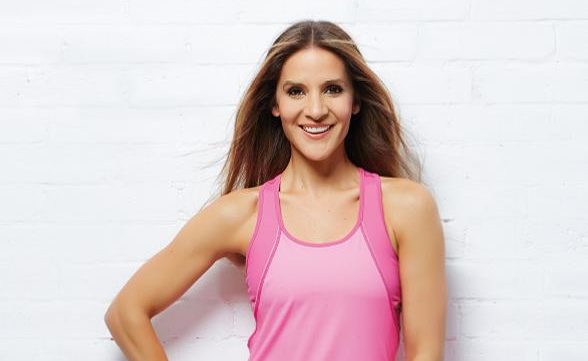The festive period is well and truly upon us! As we know, this brings a sense of a party atmosphere, teamed with the need to let hair down and a heartier appetite. So, in order to prevent you from dipping into the cookie jar, and to help you keep your mitts off those canapés at the office party, here are some tried and tested tips to keep Christmas weight at bay.
1. Drink water
This is a seemingly obvious tip but one that truly works: drinking water half an hour before meals can help to reduce calorie intake. In fact, studies have shown that those who drink water before meals can lose up to 44 percent more weight than those who don’t. Not only does staying hydrated curb appetite, but drinking the clear stuff can also boost metabolism by 30 percent over a halfhour period.
2. Pack in protein
Protein is an important nutrient for weight loss. In fact, increasing your protein intake could boost your metabolism and help burn an extra 100 calories per day. And get this, one study has shown that by increasing your protein intake you can reduce obsessive thoughts about food, cutting the need for late night snacking. So, stock up on some extra turkey in the run up to Christmas.
3. Eat eggs for breakfast
Eating protein-rich eggs for breakfast can also help you lose weight. Swapping morning grains for eggs has been proven to help dieters eat fewer calories over a period of 36 hours, aiding the loss of weight and body fat. Aside from this, eggs are also rich in vitamin B2, which plays a vital role in maintaining the body’s energy supply – and energy is something you need a lot of during the festive season!
4. Drink green tea
Green tea has long been touted to have many health benefits, including weight loss. Green tea does contain small amounts of caffeine, but it’s packed with antioxidants called catechins, and these catechins are believed to work hand in hand with caffeine to promote fat burning. There are many types of green tea available nowadays, so try out a few and find your favourite.
5. Intermittent Fasting
Fasting has been reported to have major health benefits for the digestive system, plus it can promote a longer life. There are many different ways to try intermittent fasting (IF) – the most popular being the 5:2, which involves following two days of low calorie intake and five days of normal calorie intake. My personal preferred IF is the 16:8, for which you eat for an eight-hour window of your choice (you might start eating at 10am and stop eating at 6pm, or start at 12pm and stop at 8pm) and fast for 16 hours (most of which you are asleep anyway). The eight-hour window helps to curb any late night snacking.
6. Eat more fibre
Remember your Granny telling you to make sure you ate your fibre? Well, she was right! Dietary fibre is important for digestive health and regular bowel movements. More importantly, it can help you to feel fuller for longer. Fibre can also improve blood sugar levels, which can help to stop cravings. Fibre is known to help you feel satisfied after a meal and therefore controls weight over the long term. Try adding psyllium husk to your shakes and smoothies.



















